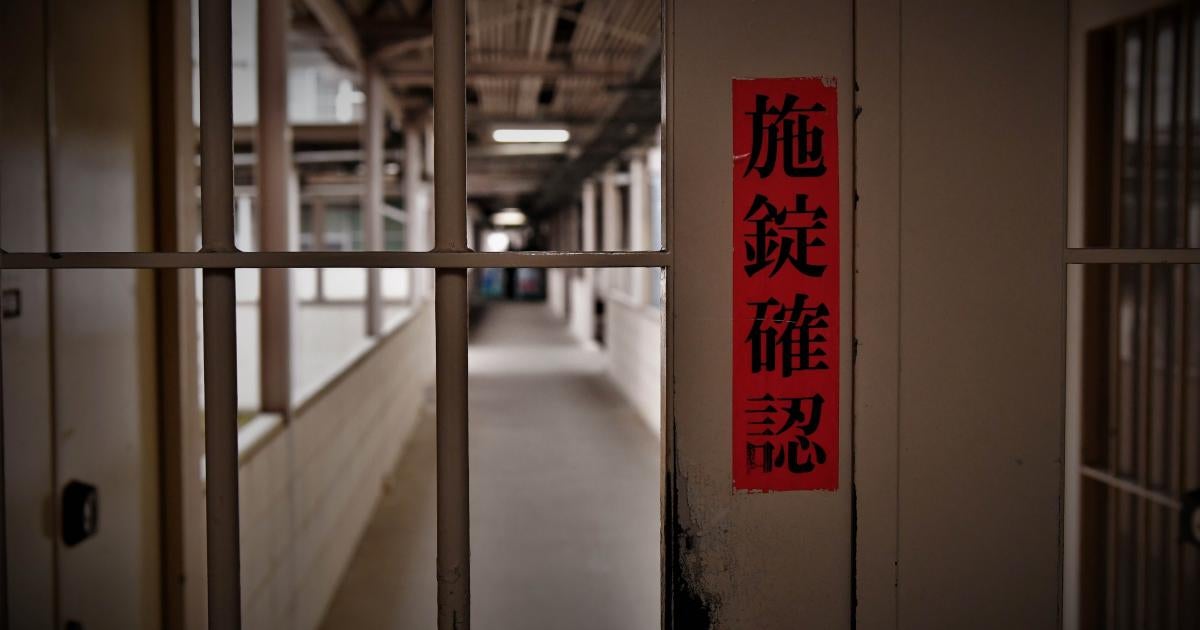During a Diet session last week, Japan’s Ministry of Justice announced it had broadened a directive initially sent to all penal institutions in 2014 that effectively bans the use of restraints on imprisoned pregnant women inside delivery rooms. The reform is a much-needed step in protecting the rights of women in Japan’s prisons.
The new directive, issued on March 18, now includes an effective ban on handcuffing pregnant women during “transportation to outside medical institutions” and “upon arrival at the medical institution and until entering the delivery room” as “situations during which use of restraints are inappropriate.”
The revision comes after Justice Minister Ryuji Koizumi admitted during a Diet session in February that prison authorities violated the 2014 directive six times between 2014 and 2022. At the time, the justice minister said the Japanese government would take “appropriate measures.”
In November, Human Rights Watch published accounts of formerly imprisoned women who described such violations happening to other women in prison.
Restraining imprisoned people during labor and childbirth contravenes international standards. The United Nations Standard Minimum Rules for the Treatment of Prisoners (the Mandela Rules) state that “[i]nstruments of restraint shall never be used on women during labour, during childbirth and immediately after childbirth.” In addition, expert commentary on the Bangkok Rules says that using “body restraints, such as shackles … on pregnant women during transfers to hospitals, gynecological examinations, and birth … violates international standards.”
During the Diet session, opposition lawmaker Mizuho Fukushima pressed the government to clarify its prohibition on restraints. “We understand that the Mandela Rules and the Bangkok Rules state restraints should not be used on women when they’re in labor, and our new directive takes them into account,” a justice ministry official responded.
The Japanese government should further expand the ban by forbidding the use of restraints on pregnant prisoners during health checkups, including gynecological examinations, and immediately after giving birth. Authorities should ensure imprisoned people are adequately informed about their legal right to seek permission to keep their child with them in prison, subject to approval by the prison warden, and encourage prison wardens to consider such requests expeditiously and sympathetically.
The government should also encourage prosecutors to use Japan’s Code of Criminal Procedures and suspend sentences for imprisoned people who are 150 or more days pregnant, among other grounds.



